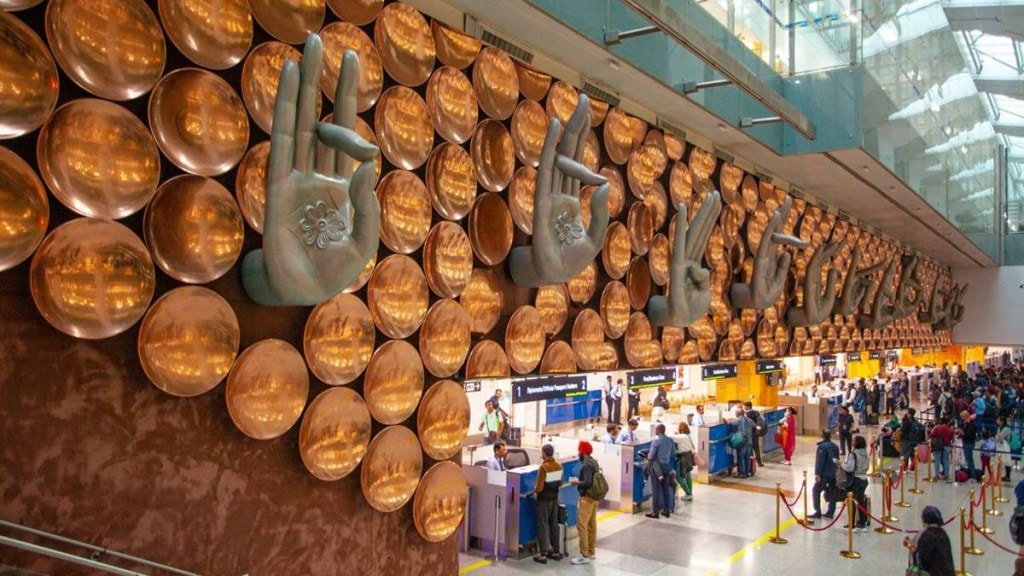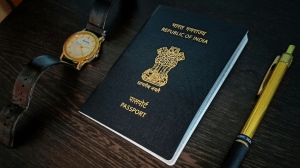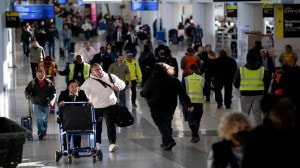As I stood in line at the security check at Delhi Airport, I couldn’t help but notice the subtle glances and murmurs from fellow passengers. It wasn’t uncommon for people to cast judgmental looks in crowded places, but this time, it was different. Their gaze was fixed on the woman in front of me, who seemed oblivious to the scrutiny she was under. Little did I know that her situation would soon intertwine with mine, leaving me with a lesson in empathy and the consequences of hasty assumptions.
The woman ahead of me appeared confident, her demeanor calm as she placed her carry-on bag onto the conveyor belt for screening. But as it moved through the X-ray machine, the security personnel’s expression changed abruptly. Their murmurs grew louder, and soon, a couple of them were huddled around the monitor, eyeing the image with what seemed like a mixture of disbelief and amusement.
Then came the words that pierced through the air like arrows, “It must be a sex toy in her bag. Such women have no shame.”
I felt discomfort wash over me as those words hung in the air. The accusatory tone, the disdainful judgment—it was palpable. I glanced at the woman, who was now being subjected to a thorough inspection of her belongings, her face flushed with embarrassment.
I wanted to speak up, to challenge the unfair assumptions being made about her, but fear and uncertainty held me back. What if I became the target of their scrutiny next? What if I made the situation worse?

As I watched the scene unfold, I couldn’t shake off the guilt gnawing at me. Guilt for remaining silent, for being complicit in the perpetuation of stereotypes. It dawned on me how easy it was to succumb to societal pressures, to conform to the norms of judgment and prejudice.
Finally, after what felt like an eternity, the security personnel found nothing incriminating in the woman’s bag. With a dismissive wave of their hand, they motioned for her to gather her belongings and proceed. She did so hastily, avoiding eye contact with anyone around her.
As I stepped forward for my turn, I couldn’t shake off the heaviness in my heart. I wanted to apologize to her, to offer some semblance of solidarity in the face of unjust treatment. But she was already gone, lost in the sea of passengers rushing to catch their flights.
In the aftermath of that encounter, I couldn’t help but reflect on the deeper implications of what had transpired. It wasn’t just about one woman’s humiliation at the hands of judgmental strangers—it was a stark reminder of the pervasive nature of prejudice in our society. It was a reminder that we all carry biases, consciously or unconsciously, and that it’s our responsibility to challenge them and strive for empathy and understanding in every interaction.
As I boarded my flight, I made a silent promise to myself—to speak up against injustice, to stand in solidarity with those who are unfairly judged and marginalized. And though I couldn’t undo the harm that had been done, I vowed to carry the lessons of that day with me, as a constant reminder of the power of empathy and the importance of speaking out against discrimination, wherever and whenever it may occur.







